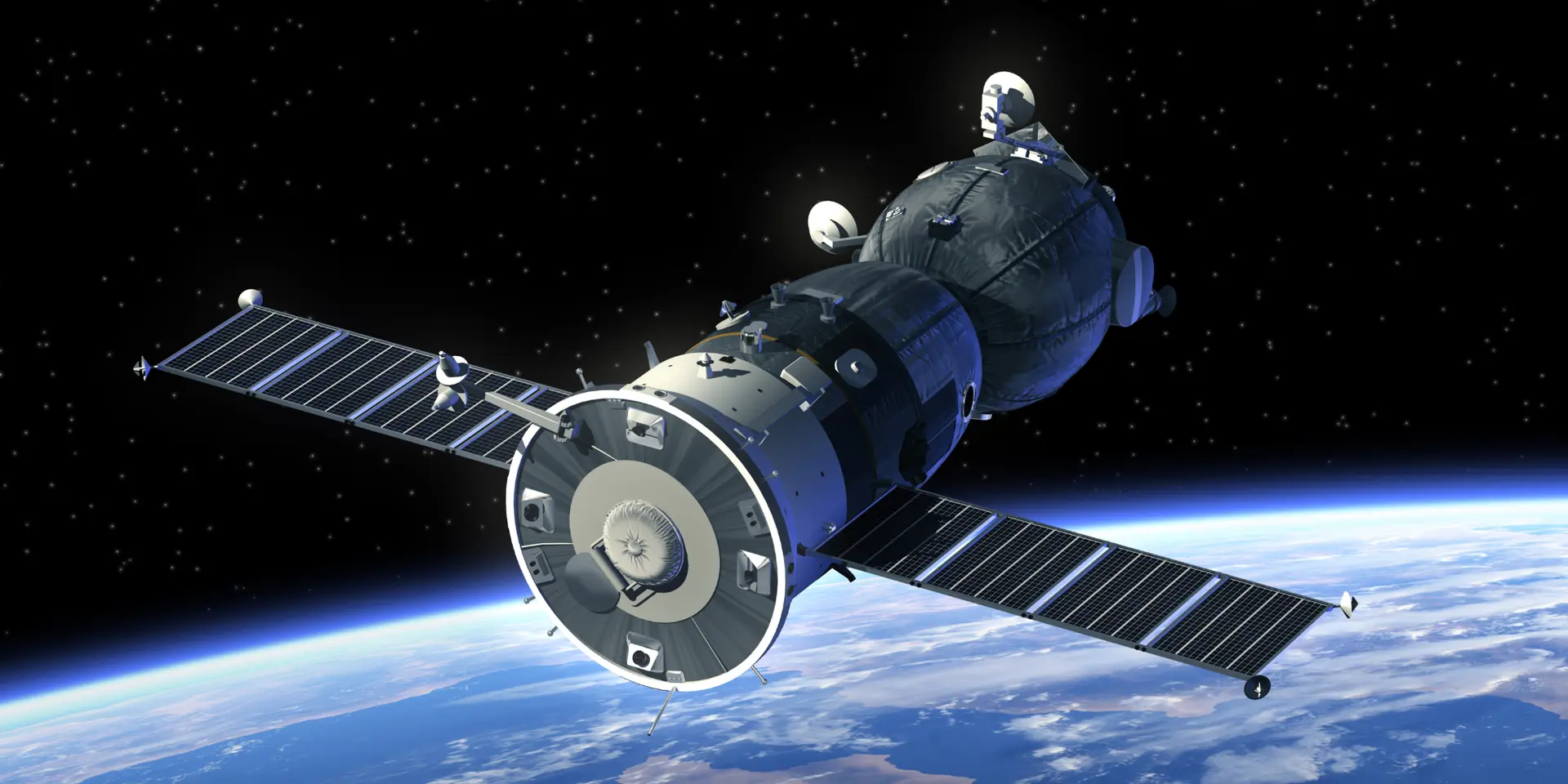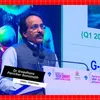India nearing self-reliance in strategic navigation with NavIC: In-SPACe chief
NavIC is India's own satellite navigation system developed by ISRO. It is designed to cover India and a region of up to 1,500 kilometres around it.
In-SPACe Chairman Pawan Goenka said on Tuesday that India is almost self-reliant in data required for strategic applications, thanks to NavIC, the country's satellite navigation system similar to GPS.
For civilian uses, too, where the stakes are not as high as in strategic applications, Goenka stressed the importance of avoiding dependency on foreign systems that could leave India vulnerable.
"Our goal with NavIC is to ensure that for all strategic needs -- whether in defence, civilian use or industry -- we are not reliant on others. If someone cuts off supply, we should have the capability to switch to our own systems," he said at a panel discussion during the GeoSmart India 2024 conference in Hyderabad.
However, NavIC would coexist with other navigation systems like GPS, he added while stressing that India should be able to meet its needs independently using NavIC.
NavIC (Navigation with Indian constellation) is India's own satellite navigation system developed by ISRO. It helps provide accurate location and time information, similar to GPS (global positioning system). It is designed to cover India and a region of up to 1,500 kilometres around it.
Regarding communication satellites, Goenka said while India has a growing number of its own satellites, the country still relies partly on foreign satellites.
"Today, we may have slightly more Indian communication satellites than foreign ones, thanks to NSIL (ISRO's commercial arm NewSpace India Limited). But we need a steady supply of Indian satellites," he said.
Srikant Sastri, the chairman of the Geospatial Data Promotion and Development Committee (GDPDC), said there was a need for India to control critical technologies in certain sectors.
He said GDPDC has identified six key areas, including civil aviation and mapping, as strategic and critical. Centres of excellence set up by GDPDC will likely start work on these priorities next year, Sastri added.
Edited by Affirunisa Kankudti








